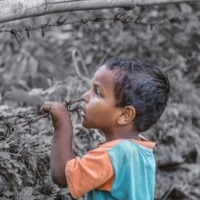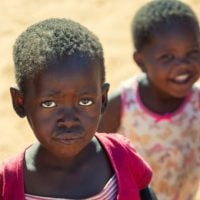Deadline: 25-Sep-2025
UNICEF has launched a call for expressions of interest to improve access to inclusive and comprehensive primary healthcare for Rohingya refugees in the Cox’s Bazar camps.
With over one million refugees, including a majority of women and children, the need for quality healthcare remains urgent. The initiative seeks to address gaps in maternal, newborn, child, and adolescent health while also strengthening health systems and responses to emergencies.
Cox’s Bazar continues to face high maternal and neonatal mortality rates, many of which are preventable with timely antenatal care and improved delivery services. While facility-based deliveries have increased, coverage of the recommended four antenatal visits remains low. Access challenges persist for groups such as persons with disabilities, while immunization efforts are hindered by cultural barriers and inadequate vaccine supplies. These gaps make it essential to strengthen community outreach, health worker training, and demand creation for essential services.
The project also focuses on addressing risks from communicable diseases, which are heightened by overcrowded and unhygienic camp conditions. Outbreaks of diarrhoea, dengue, diphtheria, and measles remain a constant threat. Risk communication, community engagement, and improved referral systems are therefore critical to ensuring timely prevention and response.
Through this opportunity, UNICEF aims to build the capacity of healthcare providers and integrate services that respond to the needs of women, children, and vulnerable groups. Efforts will include maternal and newborn health, nutrition, early childhood care, mental health support, and disability inclusion. Strengthening accountability mechanisms, supervision, and digital health information systems will help improve the quality and effectiveness of care.
The call invites partners to work alongside UNICEF to create sustainable improvements in healthcare access, delivery, and community trust. By supporting health workers, engaging communities, and ensuring quality services, this initiative seeks to reduce preventable deaths, improve health outcomes, and foster resilience among Rohingya refugees living in the camps.
For more information, visit UN Partner Portal.









































